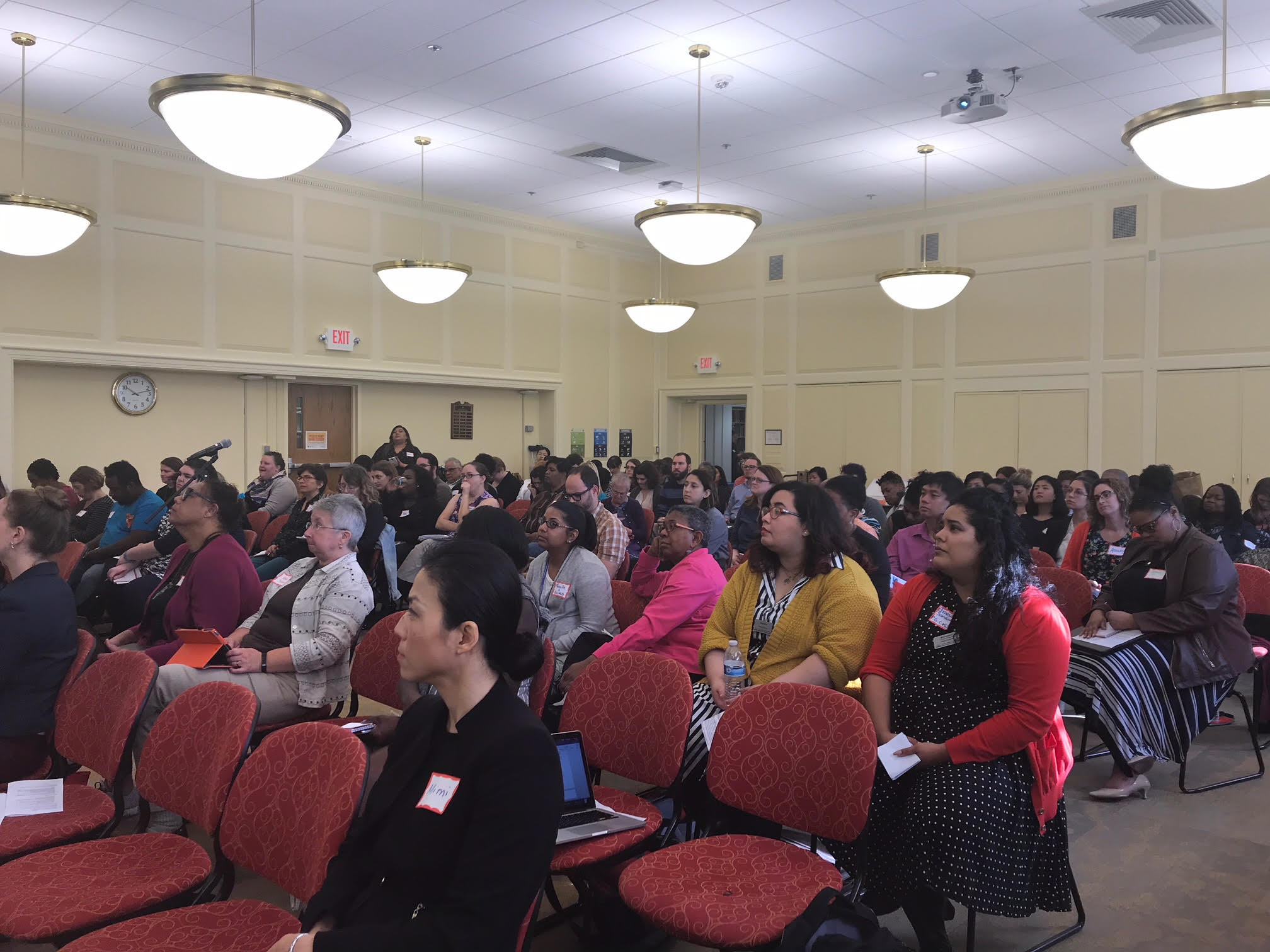By Sydney Fazio
For The Diamondback
The University of Maryland’s information studies college held a conference on Friday focused on inclusion and diversity, in an effort to promote the accessibility of information regardless of race, socioeconomic status and other factors.
About 120 students and faculty gathered for the seventh annual Conference on Inclusion and Diversity in Library and Information Science; this year the event was dubbed CIDLIS 2017: “Yes, We Still Can.” During the event, attendees discussed ways to provide informational tools and technology to individuals of all backgrounds.
Brian Butler, senior associate dean of the information studies college, said this conference resembles the school’s core mission. Students and faculty were advocating to make sure everyone has equitable access to available resources in light of the evolving political and social climate, Butler added.
“Librarians are risk takers. In the same way that firefighters, the police and the social workers are,” Butler said. “Because you look at risk, and you look at the difficult things, and you say that’s where I want to be. And that is absolutely essential to today, because if there is any lesson to be learned from the last two years, it is that that inclusion and diversity is hard.”
Speakers from various organizations, including the D.C. Public Library and Teen Action Group of the Hyattsville Library, shared tactics and experiences in engaging and advocating for diversity within library and informational services.
The Teen Action Group program is targeted to students between 12 to 18 years old, said Eyoel Delessa, a librarian at the Hyattsville Library. The program engages students in technological, social and team building exercises and projects.
“The basic idea for this program is that teenagers are in fundamental need of guidance, and we work to make that guidance acceptable, easy going and natural; especially with our population in Hyattsville,” Delessa said. “There’s a predominant amount of students of color, so we try to make this an accessible and easy program for them to get the guidance that they need.”
Gianna Schwatka, a librarian for the Prince George’s County Memorial Library youth services program also spoke during the event and said her library has community outreach through several programs including the Ready 2 Read Storytime.
“One of our strategic goals is to provide high quality, accessible programming for every child,” Schwatka said. “We hope they will face fewer challenges because of the bridges we are building between public libraries, literacy and school readiness.”
This conference is very important to the information sciences field, said Karina Hagelin, a library and information science graduate student in, adding this type of gathering is the only one for the field.
“It’s always such an amazing event with speakers from sometimes all around the world; people come from other countries to come to this conference because there’s nothing else like it,” Hagelin said. “Educating people about inclusion and diversity in the field and how we can actually move from theory to practice is extremely important.”
Some people do not realize the amount of influence technology has and providing access to those resources is a huge part of what information professionals strive to do, said Andrea Castillo, a library and information science graduate student.
“Think about where you would be without your phone, without the internet, connecting with people on social media; libraries are so much more than a collection of books. There are a lot of things that the library does that a lot of people don’t think about,” Castillo said.



